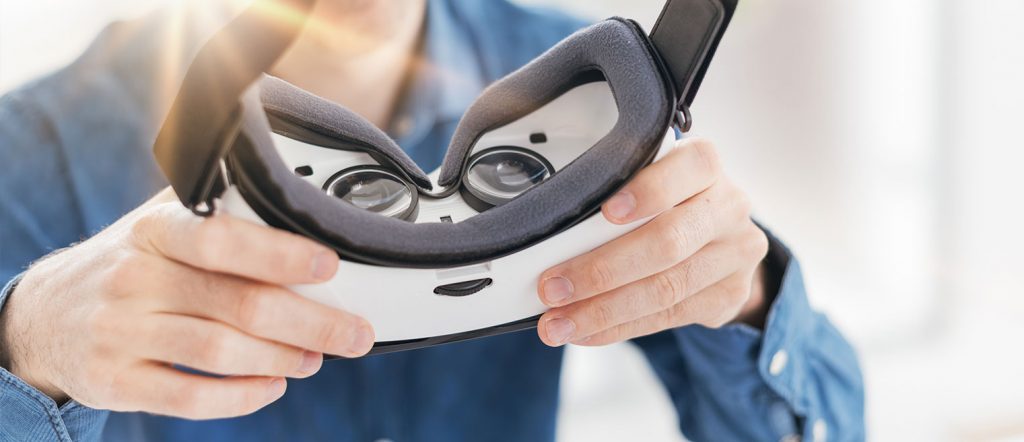Virtual Reality Treatment

Virtual Reality Treatment for anxiety disorders, the advantages.
Virtual reality treatment for psychological disorders is not new, with the first study being published in 1995. However, it is only now, some twenty plus years later, that virtual reality treatment is readily available to the public.
There is now much research that virtual reality exposure for anxiety disorders is effective in decreasing anxiety symptoms and that the treatment gains generalise to real life.
Advantages of Virtual Reality Treatment
Traditional exposure therapy may involve imaginal exposures which are dependent upon the client being able to effectively imagine their feared scenario (e.g. public speaking, driving a car and having a an accident) or stimulus (e.g. dogs, birds, needles)
Some people are not good at visualizing or imagining scenarios so virtual reality can be very helpful for these people as it eliminates the need for them to use their imagination.
Real life exposures can be:
-
difficult to create or organise if they e.g. require a number of people or animals
-
can be costly (e.g. if you require plane flights to tackle a fear of flying)
-
or impractical (e.g. going to a war zone)
Virtual reality exposures are inexpensive and enable the psychologist to construct exposures that might not be possible in real life.
e.g. someone with a fear of flying could do a virtual flight landing multiple times
Virtual reality gives complete control of the exposure, as the psychologist can control the dose and specific aspects of the exposure to be tailored to the specific client’s feared stimuli and tailor the pace at which the person progresses through exposures.
e.g. if someone has fear of flying and gets on a plane to practice they could not be guaranteed that the plan would not experience turbulence.
Clients may find virtual reality treatment more acceptable than traditional exposure therapy for a number of reasons.
-privacy
Some phobias such as social phobias (e.g. public speaking) require an audience and some clients do not want to do group therapy because of privacy and confidentiality concerns. Virtual reality exposure enables people with social phobia to immerse themselves in a group environment without having to worry about confidentiality/privacy.
-safety
Virtual reality exposure can also be more acceptable to the client as their safety is guaranteed.
e.g. clients with driving phobias may be afraid of having a car accident and therefore be too scared to practice alone, or even with someone accompanying them in the vehicle.
If you would like to try virtual reality exposure for your anxiety disorder call Catherine on 0429 883671.
The use of virtual reality technology in the treatment of anxiety and other psychiatric disorders.
Jessica L. Maples-Keller, Brian E. Bunnell, Sae-Jin Kim and Barbara O. Rothbaum (2017)
Harv Rev Psychiatry. M2017 May-Jun;25(3):1`03-113



